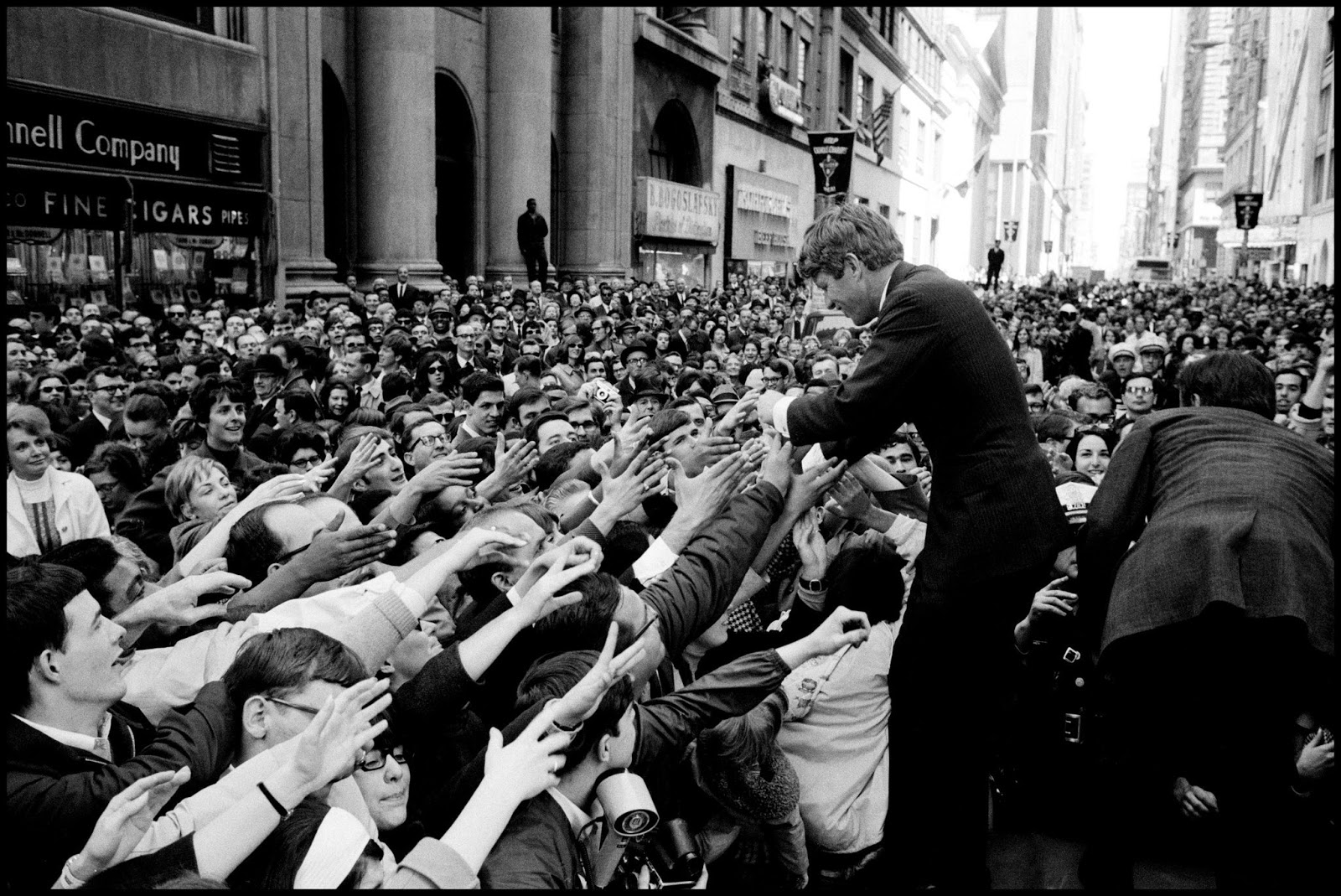Bobby was a shining star; the sun on a spring day, and the calming voice in a world filled with chaos.
Robert Francis Kennedy was a family man and an open-minded politician who strived for change within the United States. Shot at the Ambassador Hotel in Los Angeles after winning the Californian presidential primary, Senator Kennedy left us with a legacy that still holds up today.
He lived life fully invested in what he believed in; hope for the future and equality for all. Serving as attorney general while his brother John was in office, he steadily became an advocate for peace in Vietnam and was actively fighting for civil rights, better education and improved housing conditions in poor neighbourhoods, something that would define his campaign for the presidency in 1968.
The 1960s had already been overwhelmed with grief. The death of their former leader in 1963 and Martin Luther King Jr.’s in April 1968 left all hope up to one man. Only one man could change the country’s perspectives on important issues with just his charm, experience, and toothy smile. Bobby had the simplistic ability to touch his audience, and in turn, they touched him. As his brother, Ted would later express in his eulogy;
“My brother need not be idealized or enlarged in death beyond what he was in life. To be remembered simply as a good and decent man, who saw wrong and tried to right it, saw suffering and tried to heal it, saw war and tried to stop it.
Those of us who loved him and who take him to his rest today, pray that what he was to us and what he wished for others will someday come to pass for all the world.
As he said many times, in many parts of this nation, to those he touched and who sought to touch him: Some men see things as they are and say why. I dream things that never were and say why not.”
With all the grief that surrounded America throughout the decade, Bobby’s death might have been the worst of all. The nation had no progressive direction to head in. The only man that had been to all parts of the country, who had seen the poverty plaguing its own land, and wanted to do something about it was Bobby. It was a long time coming but minorities needed to be represented in office and Bobby finally gave them that voice.
The Kennedys, with all their flaws, knew how to capture the hearts of a nation. Bobby left behind a world that was confused in the direction they would inevitably take towards the future. The diverse side of the country that had found its voice, suddenly felt like there was nowhere to go. Certain social programs would never be implemented and their needs wouldn’t come before the wealthy once again.
The funeral train that carried Bobby’s body from New York to Washington, D.C. brought together a nation, the same way JFK’s funeral did in 1963. The thousands of people that watched as the train passed through their small towns captured what his fight had been for; bringing majorities and minorities together in harmony.
Bobby was a shining star; the sun on a spring day, and the calming voice in a world filled with chaos. As time progresses and 50 years have passed, who knows what the future could have looked like with him in it.

